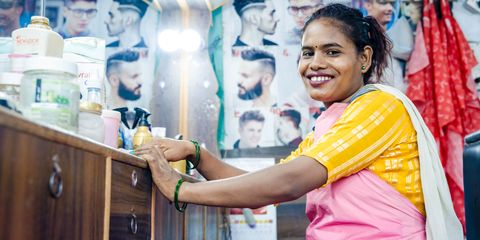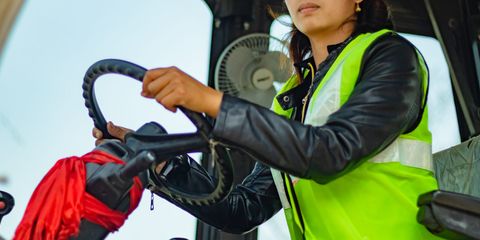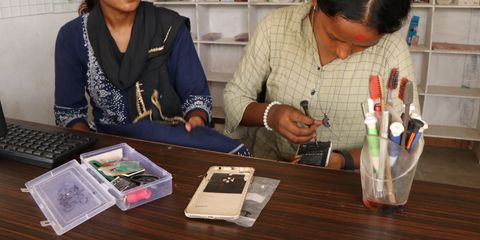Driving towards equality
With the aid of vocational training Bali embarks on a driving programme, determined to show that driving trucks and heavy vehicles is not just a man’s domain.
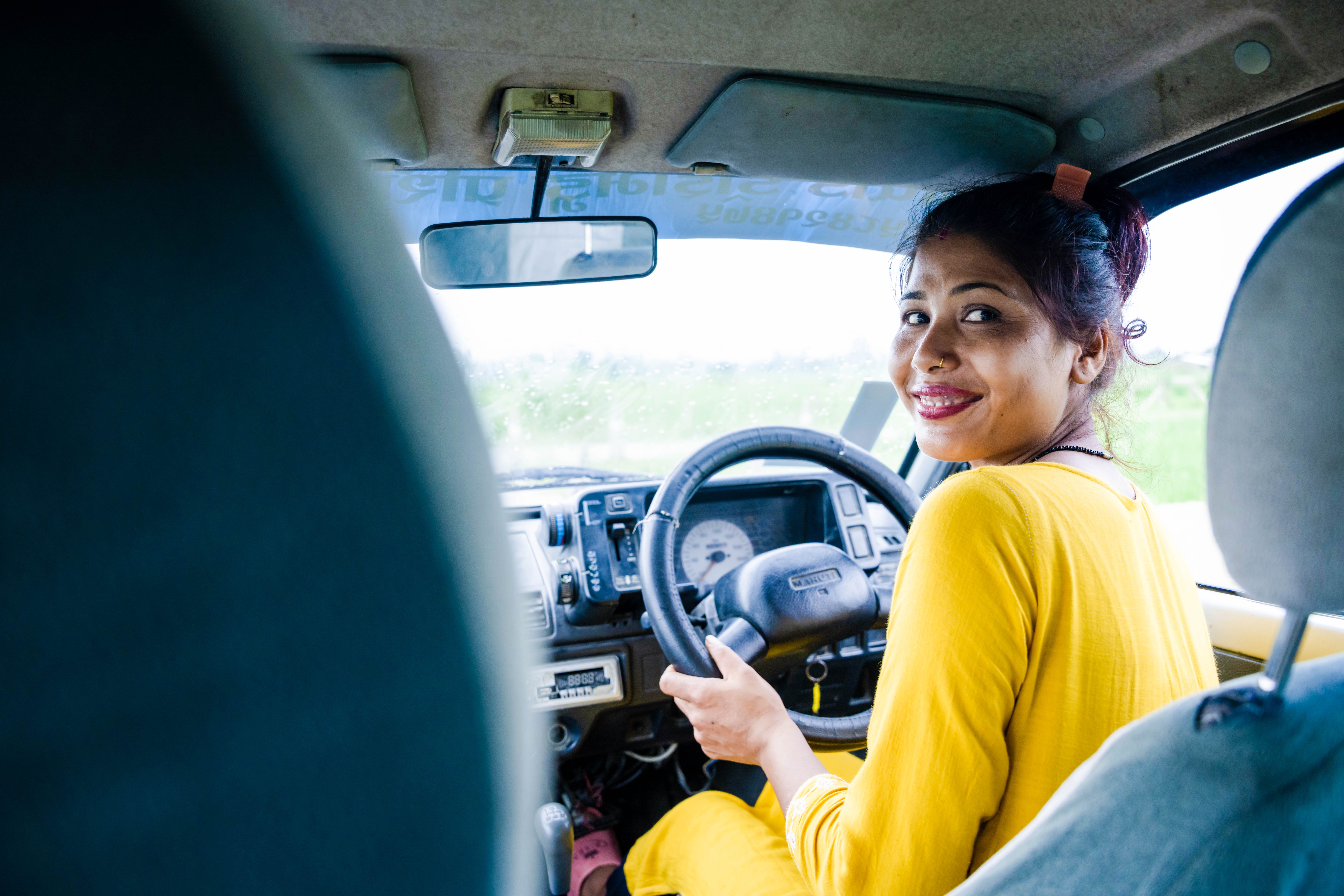
In the heart of western Nepal, a young woman named Bali began a life journey that would inspire and challenge the status quo. At just 6 years old, she was thrust into the unforgiving world of the Kamlari system, a form of child labour that separated her from her family. “I had no idea what was happening but in exchange, the landlord provided a piece of land to my parents where they started farming,” said Bali. Bali’s story is a shred of evidence of her unwavering determination, breaking free from servitude to pursue her dreams.
Bali’s parents made the heart-wrenching decision to leave their daughter with a landlord, plunging her into the world of domestic servitude. Their community in western Nepal practiced the Kamlari system, a practice akin to indentured servitude. Yet, even in her servitude, Bali cherished the opportunity to attend school.
“I had no idea what was happening but in exchange, the landlord provided a piece of land to my parents where they started farming.”
Bali
A life of toil and yearning
Bali’s days were consumed by relentless labor, from gathering grass in the jungle to preparing meals for her landlord’s household. Her childhood slipped away, and her dreams were put on hold. While her peers played freely, Bali yearned for the taste of freedom and the simple joys of life.
At the age of 14, Bali’s life took an unexpected turn when she married a man 5 years older than her. By 15, she became a mother, shouldering the responsibility of a household of 19 members. Her dreams of education had to be deferred, but her determination remained unbroken.
Bali stood firm in her belief in gender equality. She challenged the traditional division of labor, asserting that both men and women should share responsibilities both inside and outside the home. Her spirit shone as she aspired to shatter the stereotype that driving heavy vehicles was a man’s domain.
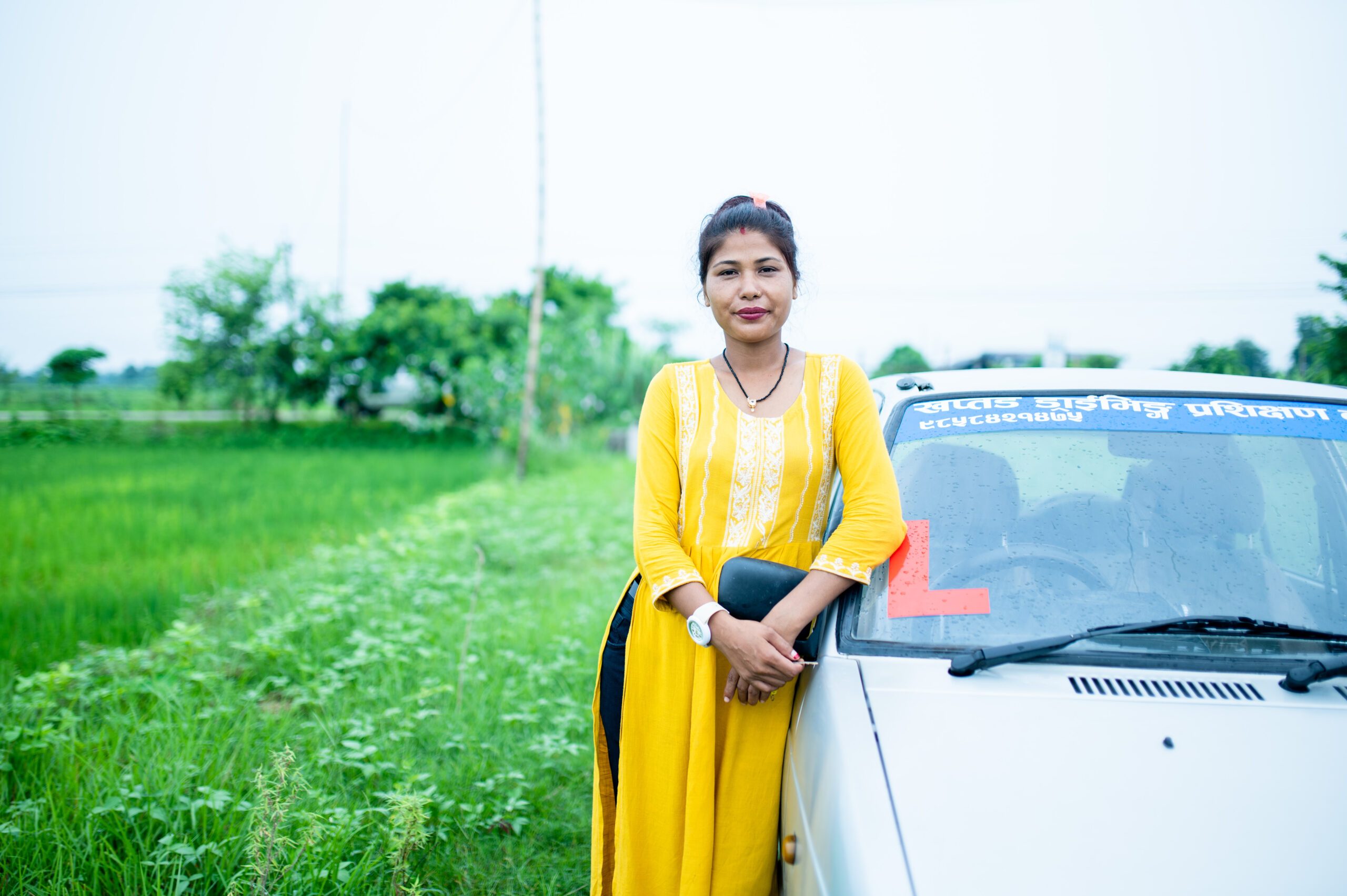
Bali’s path to empowerment took a significant turn when she encountered the Girls Get Equal – Preventing Child, Early and Forced Marriage project’s Skills and Opportunities for Youth Employment and Entrepreneurship intervention. Through this initiative, she received training in vocational and entrepreneurship skills, opening up new possibilities.
Bali’s journey toward obtaining her driver’s license was filled with determination and unwavering support from her husband. Overcoming initial fears and challenges, she embarked on a 45-day driving training programme.
With her license exam on the horizon, Bali is on the cusp of realising her dream to drive trucks and heavy vehicles. She envisions securing a job with companies transporting construction materials, ensuring a brighter future for her family.
Breaking stereotypes
Bali’s unyielding determination has encountered opposition, but she remains steadfast in her pursuit of her dreams. Bali says, “I am equal to man. I can do what men do every day. I believe in myself.” She draws inspiration from the female drivers she has encountered, and she aspires to contribute to organisations like Plan International Nepal, whose efforts in women’s empowerment she admires.
“I am equal to man. I can do what men do every day. I believe in myself.”
Bali
Bali’s journey is a powerful narrative of triumph over adversity, resilience against the odds, and the indomitable human spirit. She exemplifies the notion that, when fueled by determination, you can break through even the most formidable obstacles. Bali’s story serves as a beacon of hope, reminding us all that no matter our circumstances, we have the power to drive change and steer our lives toward the destination of our dreams.
Categories: Skills and work
